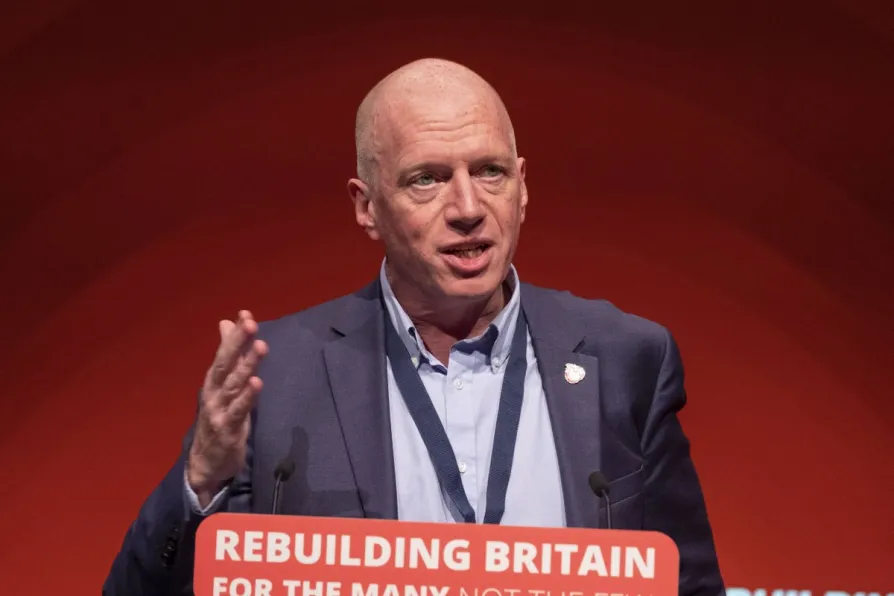RAMZY BAROUD offers six reasons why Netanyahu is prolonging conflict in the Middle East
For too long, trade unions have been held back: we must set them free
Fire Brigades Union general secretary MATT WRACK writes in support of the Free Our Unions campaign

 FBU leader Matt Wrack
FBU leader Matt Wrack
THE labour movement today faces opportunities we have not had for decades. There is the possibility of a radical Labour government within just months.
Now is the time to discuss, debate and decide how we can build the power of working-class people.
Central to that aim is strengthening and rebuilding the trade union movement.
Similar stories

It is only trade union power at work that will materially improve the lot of working people as a class but without sector-wide collective bargaining and a right to take sympathetic strike action, we are hamstrung in the fight to tilt back the balance of power, argues ADRIAN WEIR

Falling short of what was promised: many of the new rights in the Employment Rights Bill have defects or escape loopholes that all need addressing, writes LORD JOHN HENDY KC

The Employment Rights Bill is a vital opportunity to rebalance power between workers and employers. As it passes to the Lords, pressure must be brought to bear to strengthen this key legislation, argues ANDY McDONALD MP










